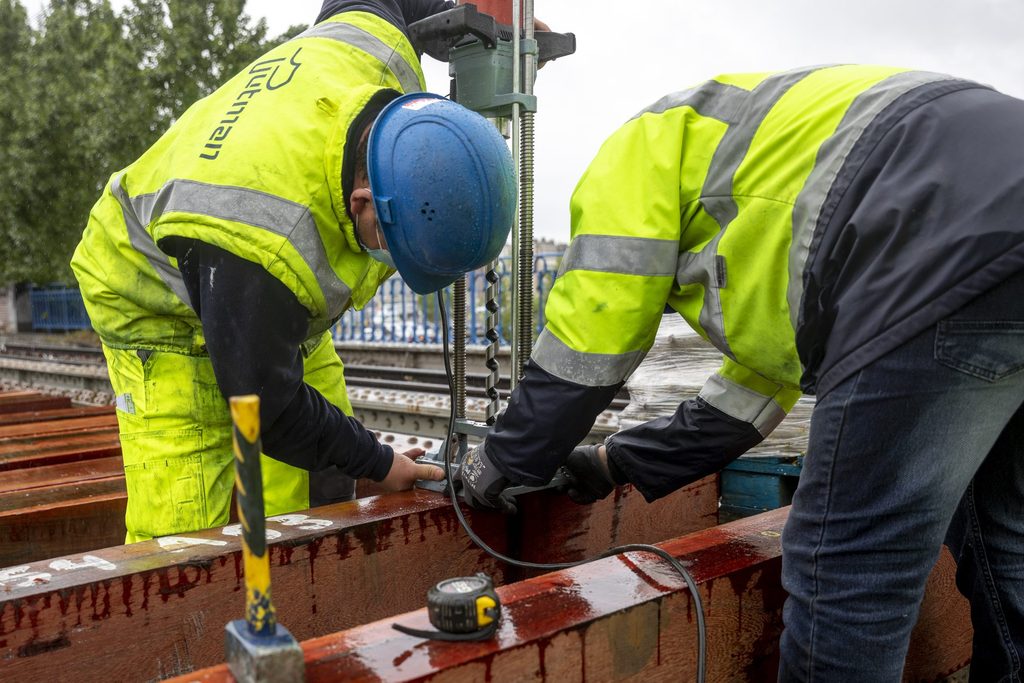The Belgian construction industry is navigating challenging times, with a recent report from Embuild, the sector's federation, revealing a significant drop in the production of new homes.
According to Embuild's latest figures, the growth of the construction industry is expected to be severely limited in 2024, primarily due to a 7.1% decline in new residential construction. This setback is attributed to successive increases in interest rates, restricting financing access and escalating material costs. Developers are compelled to slow down or cancel projects while awaiting more favourable economic conditions.
The renovation sector also faces challenges, experiencing a 1% growth compared to 4.6% in 2022, signalling ongoing difficulties in both sectors through 2024 and possibly into 2025.
The overall construction sector witnessed a 0.3% decline in activity, and although minimal growth is anticipated in 2024 at +0.2%, residential construction is expected to further decline by -5.3%.
In contrast, renovation projects are forecasted to see an increase of +1.6%. Non-residential construction faced challenges with a decline of -2.8% in 2023 but is projected to rebound by +1.6% in 2024. Infrastructure projects, however, recorded notable growth at 4.9%, projected to be +3.9% in 2024.
Related News
- 225,000 additional homes needed by 2030 in Belgium
- Rethinking Belgian concrete, the industry that costs the earth
- Price of detached houses in Brussels falls by €225,000
While the industry is not in a deep crisis, there is a dark cloud looming over the sector. A decline in mortgage applications and new properties on the market as well as the decrease in building permits which have been sinking since the end of 2021 has led to a crisis in the new housing market with production challenges predicted to persist into 2025.
In a bid to counter this, the construction sector, comprising approximately 16,000 companies, is responding with strategic initiatives. Five memoranda have been drafted for each level of government ahead of next year's elections, relying on political decision-makers to implement measures aimed at revitalising the sector.
Four key priorities have been identified, including the production of accessible and sustainable housing, increased public investment, adoption of technology-focused construction practices, and creating attractive job opportunities.

